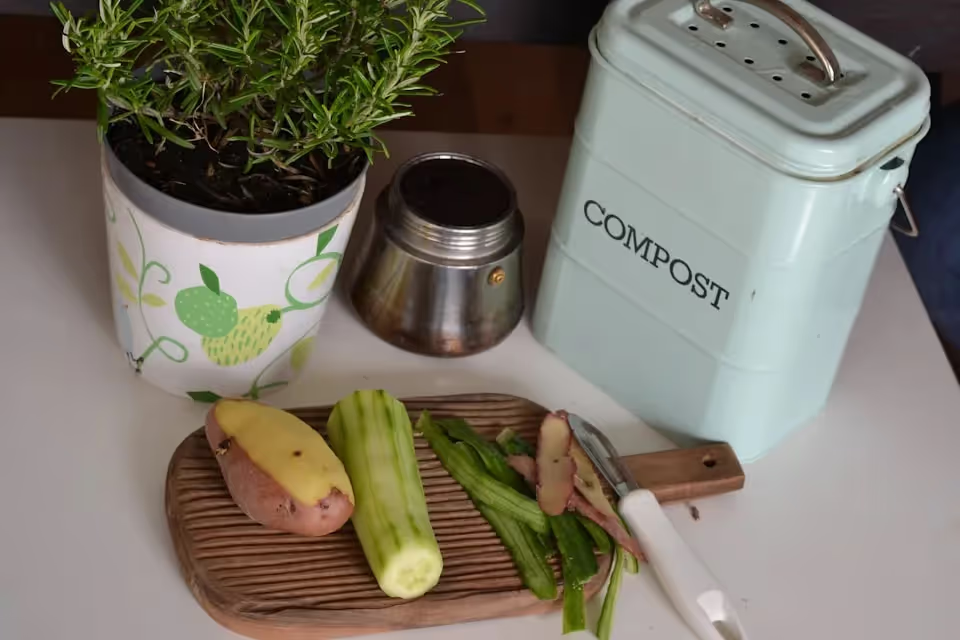How to Reduce Food Waste: Simple and Effective Tips for Every Household

Are you tired of throwing away uneaten food week after week? Not only does this habit burn a hole in your wallet, but it also contributes to a larger global problem that affects our environment. In Australia alone, over 7 million tonnes of food are wasted annually (source: Department of Climate Change, Energy, the Environment and Water), which is a startling figure given the global push for sustainability. Reducing food waste is a practical step we can all take to live more sustainably. In this guide, we’ll share some simple yet effective tips to help you minimise waste, save money, and support a healthier planet.
Smart Shopping: Plan and Purchase Wisely
- Make a Shopping List: Base your shopping on planned meals to avoid buying too much. This not only saves money but also ensures you use all the ingredients you buy.
- Understand Date Labels: Know the difference between “use-by” and “best before” dates. The “use-by” date is about safety, and food should not be eaten after this date, whereas “best before” is about quality, with food often safe to consume after this date but possibly not at its best.
Efficient Food Storage: Keep It Fresh, Keep It Longer
- Optimise Your Fridge: Store food at the right temperature and in the appropriate sections to extend its freshness. For example, vegetables should be stored in a different compartment from meats to avoid cross-contamination and to maintain optimal freshness.
- Use Airtight Containers & Wraps: Properly seal food to extend its life. Investing in good quality containers and wraps can prevent spoilage and save money in the long run.
Creative Cooking: Turn Leftovers into New Meals
- Embrace Flexibility in Recipes: Don’t be afraid to substitute ingredients in recipes based on what you have. This flexibility can lead to delicious new discoveries and prevent waste.
- Love Your Leftovers: View leftovers as an opportunity rather than a chore. A roast chicken dinner, for example, can become chicken salad, stir-fry, or a hearty soup.
Composting: Turning Waste into Resources
- Home Composting Solutions: Composting at home can transform your kitchen scraps into nutrient-rich soil for your garden, reducing waste and benefiting your home’s green space.
Community Action: Share and Support
- Donate to Food Banks: Organisations like OzHarvest and Foodbank collect surplus food and distribute it to those in need, offering a great way for individuals and businesses to contribute.
- Engage with Community Gardens: Get involved with community gardens in your area, many of which have composting programs and use surplus produce to educate and feed local residents.
- Use Food Sharing Apps: Apps like Olio connect neighbours to share surplus food, while platforms like Yume work with businesses to sell surplus commercial food products at a discount, preventing waste.
- Attend or Organise Food Swap Events: Community events, often advertised through local councils or community boards, where people can swap excess home-grown produce, homemade goods, and other items, reducing waste and fostering community connections.
Reducing food waste is a journey of small steps leading to big changes. By shopping smartly, storing food correctly, getting creative with leftovers, and embracing composting, we can significantly cut down on waste. It’s not just about saving resources; it’s about fostering a culture of respect for the food we consume and the world we live in. Together, these actions can lead to a more sustainable lifestyle and a healthier planet.



